Drylands cover more than 40% of the world’s land surface and are home to more than two billion people. These areas, and the people, plants and animals that live in them, are predicted to face unprecedented threats due to climate change
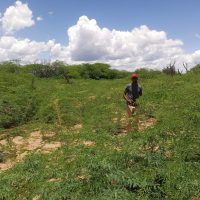
Knowlede Management about the sustainability of native grasses, forbs and trees for land restoration
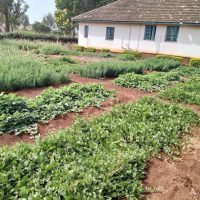
Establishing demo trials, creating awareness and training front actors about the benefits of native species for land restoration
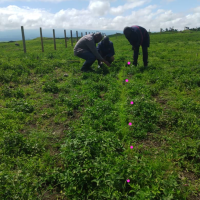
Seed collection, plant propagation and land restoration
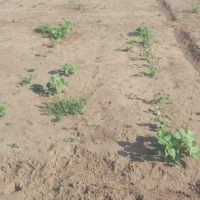
Mainstraming the use of native plants for land restoration
The NATIVE PEP project aims to strengthen livelihood security and environmental health in selected regions in Kenya (Baringo and Isiolo counties) and Tanzania (Arusha and Kilimanjaro region) that are facing challenges such as rangeland degradation, deforestation, water scarcity and the spread of invasive alien plant species.
Through a participatory, community-based approach, the project empowers local stakeholders to identify and prioritize areas of the communal land for the implementation of nature-based solutions that also open up new income-generating opportunities.
To promote holistic and sustainable land use, Native PEP works with women, men and youth to restore native plant diversity across degraded rangelands, crop fields, forests and wetlands. Drawing on traditional and indigenous knowledge, complemented by modern scientific evidence, the project promotes mixtures of locally adapted plant species that improve food and fodder production, increase soil health, enhance resilience to drought, and support development of natural products.
Improving rural livelihoods in East Africa by selecting and using native plants for land regeneration and community forests within a holistic and sustainable land use approach
Existing collaboration with stakeholders form national to local scale in both Kenya & Tanzania.
National Prosopis Strategy in Kenya & National Invasive Species Strategy in Tanzania
Scientific & practical expertise in grassland restoration
Habitat-specific perfomance of native trees.
Grassland seed mixture and seeding technologies.
Align land management plans.
Dissemination through media & face-to-face exchange.
Training of frontline actors.
Monitoring and evaluation.
Collect and share knowledge of the value of native trees & grassland species for sustainable livelihood.
Real-life demonstrations.
Local stakeholders’ capacity & knowledge enhanced & applied.
Monitoring and evaluation of environmental benefits and proof of business concept.
Livelihood security & environmental integrity are strengthened in areas affected by deforestation & rangeland degradtion in Kenya & Tanzania, particulary in the target areas.
To strengthen livelihood security and environmental health in selected regions in Kenya and Tanzania affected by rangeland degradation, deforestation, and invasive alien trees.











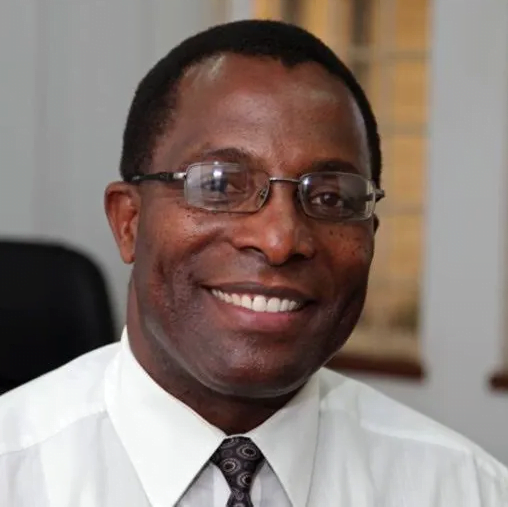
The tree which moves some to tears of joy is in the eyes of others only a green thing which stands in the way. Some see nature all ridicule and deformity, and by these I shall not regulate my propositions. And some see no nature at all. But to the eyes of the man of imagination, nature is imagination itself

CABI

BvAT

CETRAD
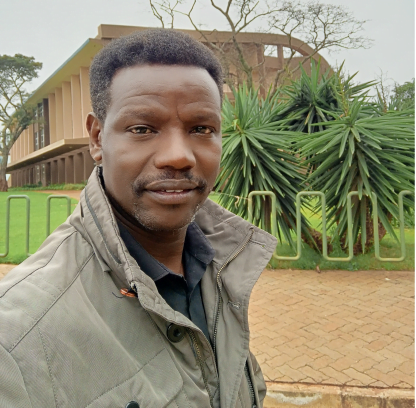
UNIVERSITY OF NAIROBI (UoN)
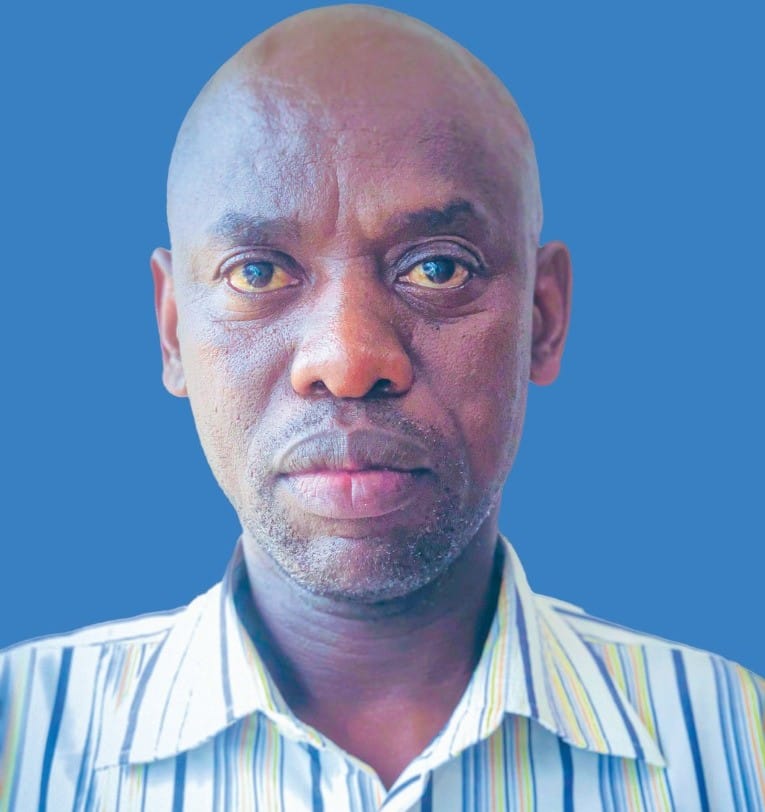
TAFORI

TALIRI

BvAT
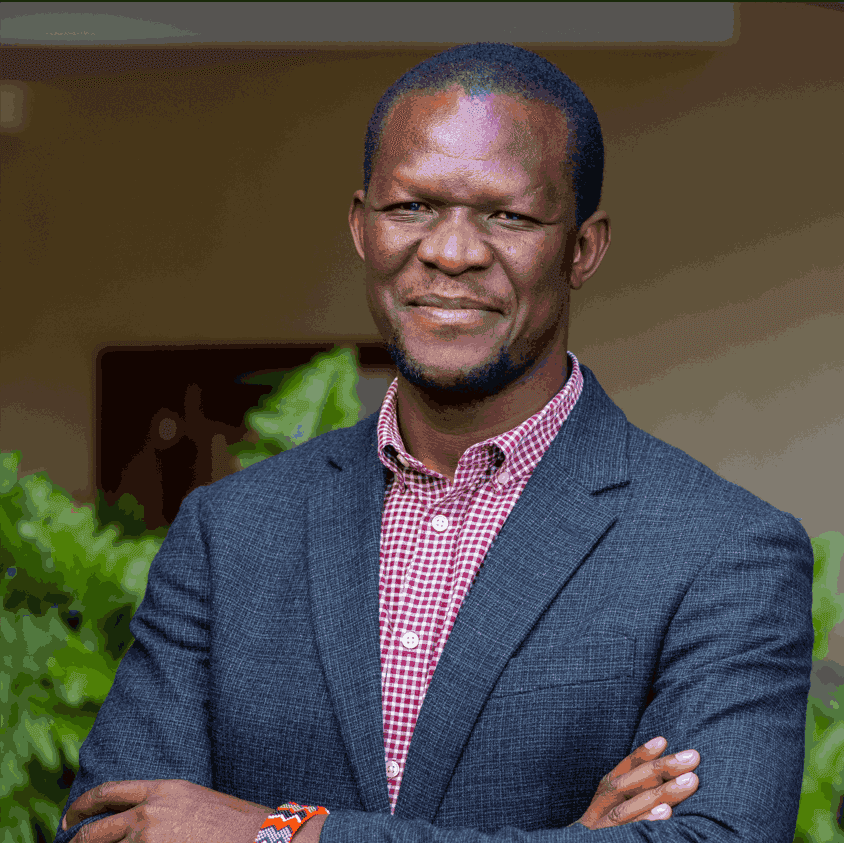
CABI
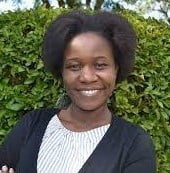
CABI
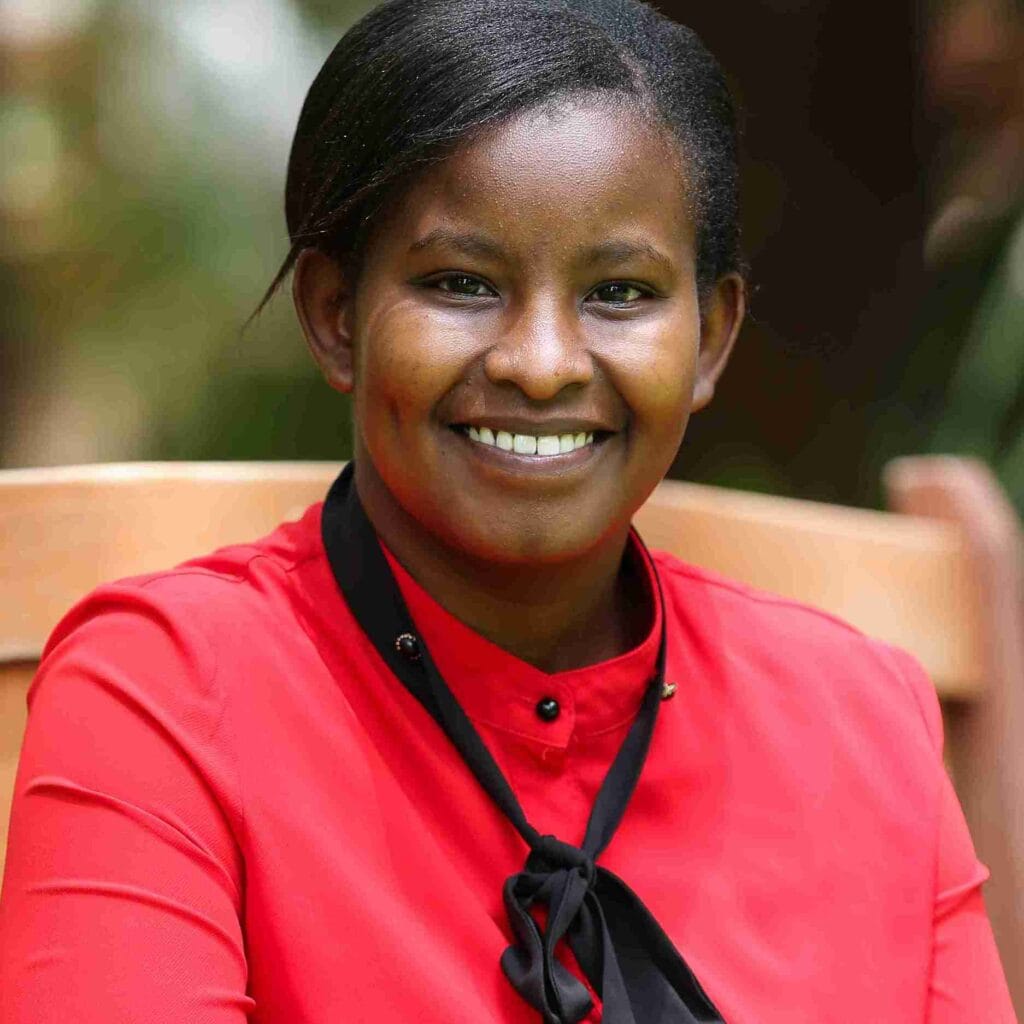
CETRAD
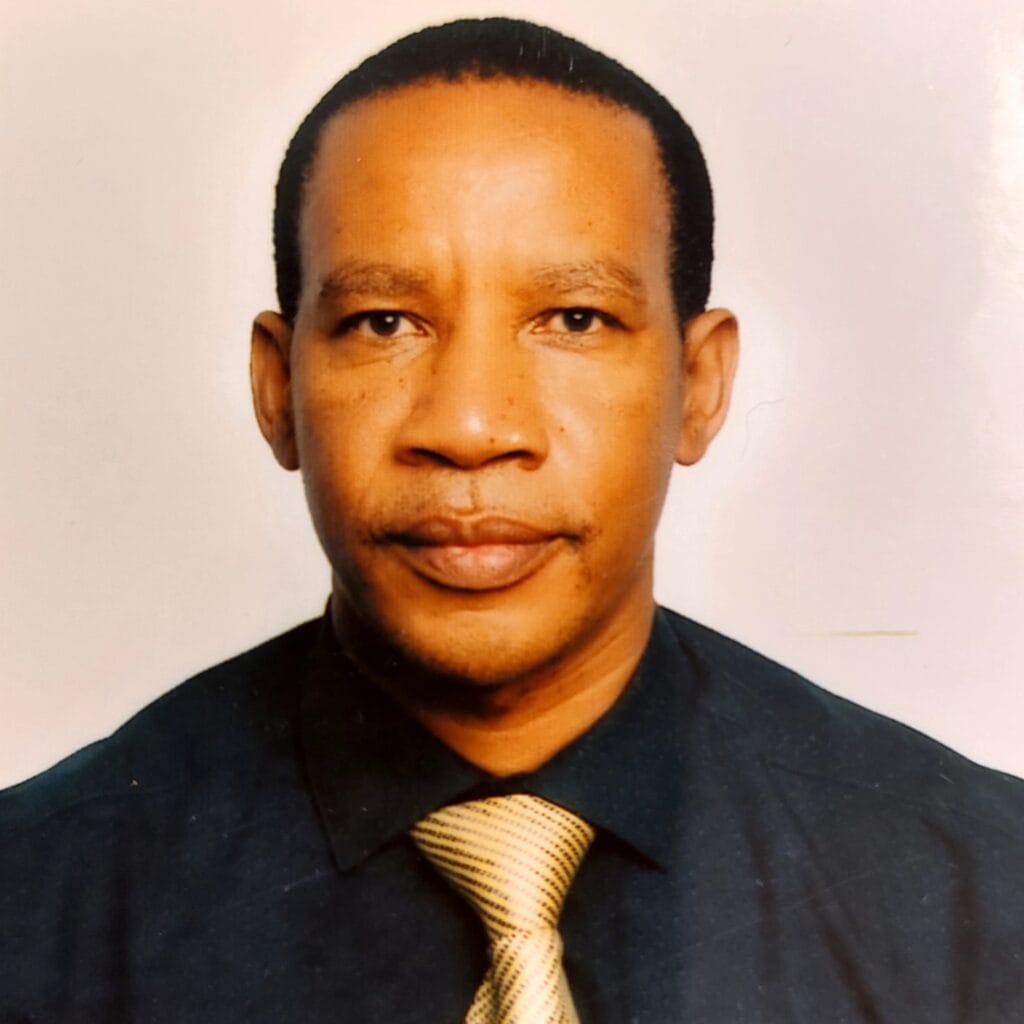
TAFORI

HAFL
DO YOU HAVE A
QUESTION?
+254 719 052 113
Send us an
email?
info@nativepep.org
To improve rural livelihoods in East Africa by selecting and using native plants for land regeneration and community forests within a holistic and sustainable land use approach.
To strengthen livelihood security and environmental health in selected regions in Kenya and Tanzania affected by rangeland degradation, deforestation, and invasive alien trees.
Kenya
Tanzania
Northern Tanzania in Arusha Region and adjacent areas in Kilimanjaro (Hai District) and Manyara Regions (Simanjiro District), mainly covering a belt from Lake Manyara to Arusha and Moshi (Kilimanjaro Region).
Copyright © 2023, Nativepep.org. All Rights Reserved.